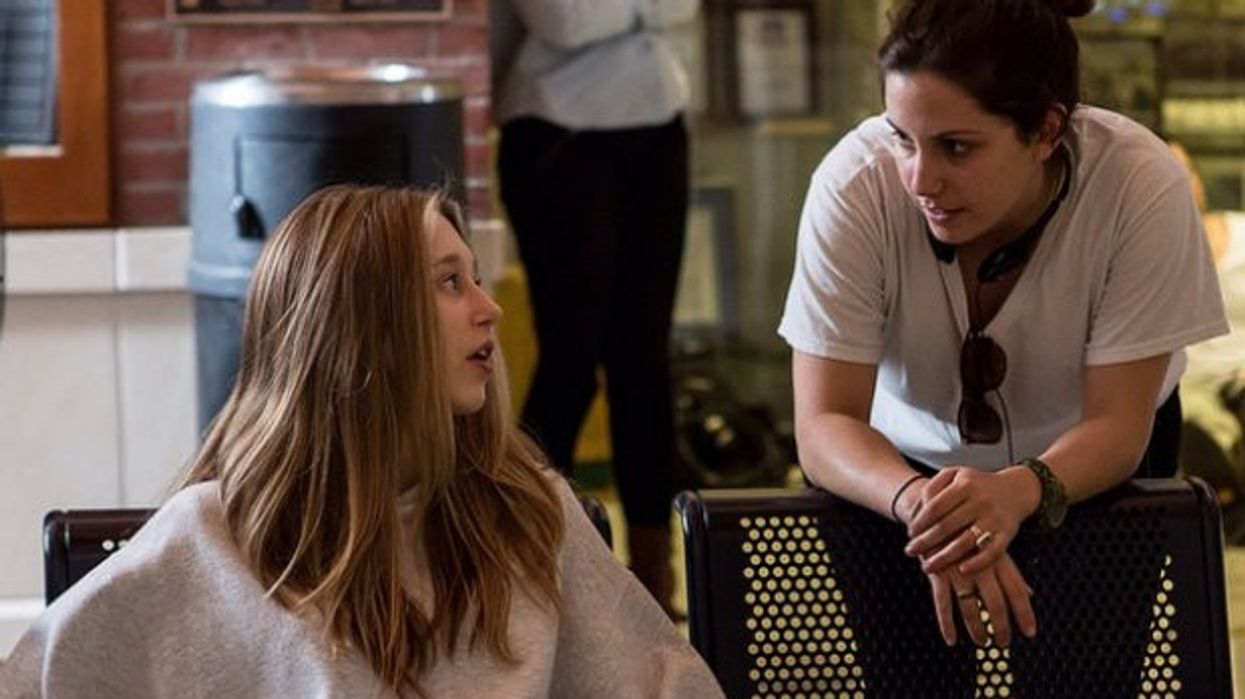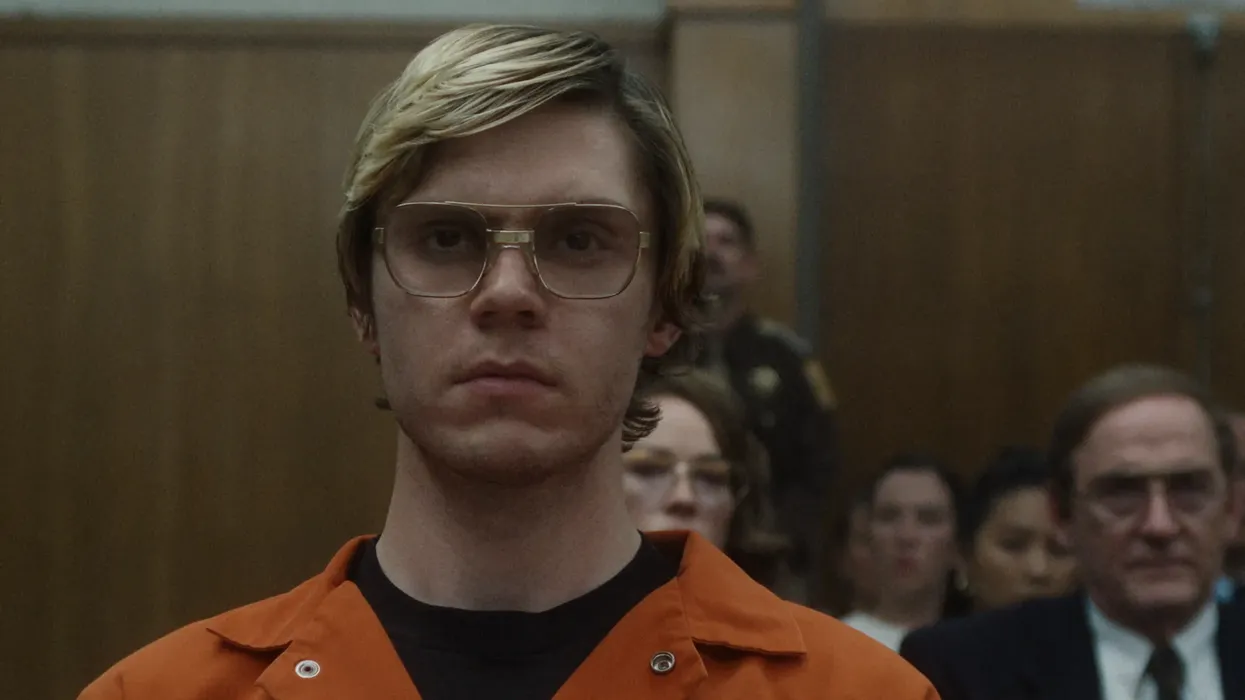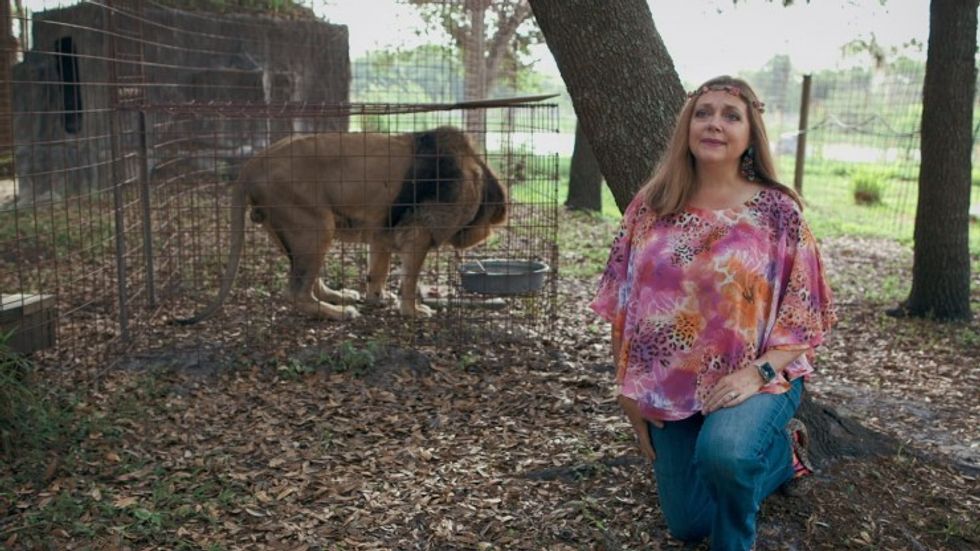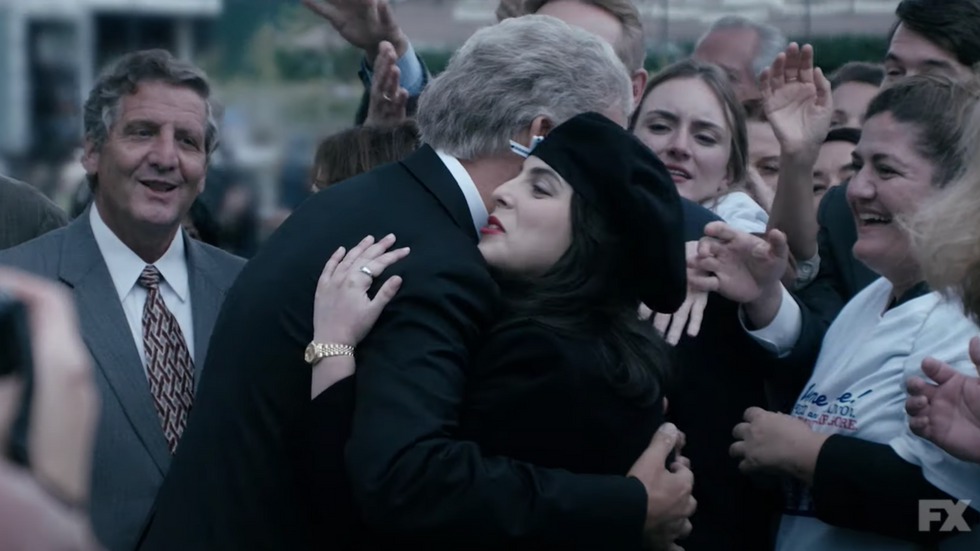From Scriptment to Screen: How Hannah Fidell Helmed the Stunning '6 Years'
Young love is a story well-covered by the annals of narrative history, which is why it's even more exciting when a fresh and authentic rendition finds it way to the screen.

Following up from her acclaimed A Teacher (2013), writer/director Hannah Fidell's new film follows Mel and Dan as they experience the growing pains of first love. 6 Years is a superb example of intimate, fresh and emotionally authentic low-budget independent drama. After its premiere at SXSW, the film quickly landed a distribution deal at Netflix and will be available on VOD August 18th. We caught up with Hannah at SXSW where 6 Years (which you can watch on VOD right now) premiered to talk about "freestyling," creating a supportive on-set environment, and why you should always get drunk with your actors.
Story is so much more important than having the right camera
NFS: How did the project start and when did you know to jump on the opportunity?
Hannah: Mark Duplass called me up pretty randomly...
NFS: That's a nice random phone call.
Hannah: Yeah it was incredible, because he's a complete hero of mine. So he called me and asked if I wanted to do a film about a young couple in a domestic abuse type situation. That was literally all he gave me to work with, and of course I said absolutely because it's Mark Duplass. This came incredibly quickly, he called me in August of 2013 and then we were shooting by March 2014. This was so different from A Teacher, in terms of prep work, the size of the film, the style of shooting, the way that the actors worked — which was without a script essentially.
Watch the first 7 minutes of 6 Years:
NFS: So without a script, are you rehearsing?
Hannah: We had a 40 page scriptment.
NFS: I love how that's in the lexicon now.
Hannah: Yeah, right? That was a term I hadn't heard until Mark brought it up.
NFS: What's it like working from a scriptment vs a script?
Hannah: It is so hard, I think it might actually be harder for me than working with a script. You give up a lot of control, which is incredibly exciting and creates much better performances but you're unsure of what you're going to get.
NFS: Casting?
Hannah: It was an improv-based film, and when you're improvising, certainly more of yourself comes out than otherwise. So we wanted people who felt real and had real-life experiences that could translate to the screen and help move the story forward. I think we got incredibly lucky.
We did something I like to call "freestyling."
NFS: What steps did you take in creating an environment for the actors to exist in?
Hannah: We rented a house and lived there together, but before we started shooting I took Ben and Taissa up to my parent's house in the country in Massachusetts. We talked about the characters and got the backstory down, but we also just bonded, which was the most important thing. And they hung out one on one without me there. That's the key, to make sure you get drunk with your actors beforehand. Well, not in Taissa's case because she's under 21. But we went bowling and watched movies. It was more about hanging out and getting them to trust our very small crew and cast members.
NFS: How small was your crew, how sparse?
Hannah: It was very sparse. For the most part I kept everyone except me, the sound person and the DP.
NFS: How do you block your actors?
Hannah: We did something I like to call "freestyling." We shot it mostly like a doc, we had 2 cameras. Sometimes the cameras were on each character, sometimes one doing a close-up and one doing the wide. I wanted them to feel comfortable in the room and to feel uninhibited. There was some blocking but for the most part there wasn't. I let Andrew Palermo work around them so the actors didn't have to worry about that.
I wanted it to feel like a double helix in the way that it's structured.
NFS: How do you feel like relationships have changed in model times and how has it had an effect on this story?
Hannah: I don't know how they've changed. At the end of the day this story is about the end of that first love — how it dissolves — maybe you're moving on before you even knew it was over. I think that's a pretty universal experience. I just wanted to capture that. That was part of the challenge — how to make something feel different that we've seen before.
NFS: The film feels like a pendulum swinging, like the power struggle within a relationship.
Hannah: When we were making this film I related so much more to Dan. I wanted it to feel like — and this is what I told my editors — I wanted it to feel like a double helix in the way that it's structured, if you look at it graphically, with the audience veering from one character to the other and who they are relating to. And ultimately, yeah, it's [Ben Rosenfield's] character is the one who has to make the choice. So in a way, it is his story, but she's still shifting the narrative in quite an important way. And we treat it as if it was totally equal.
NFS: What's something you learned that you will do massively different next time?
Hannah: I don't think I'll do anything massively different, but I do want to do something different, you know? I want to keep flexing those writer/director muscles. I just think the best thing that directors can do is just keep making shit and trying new stuff. Just keep making stuff. The tools are there, story is so much more important than having the right camera. It's so easy to get caught up in the technical aspect of filmmaking when really all you need is a cell phone and a good story.
...
Big thanks to Hannah for taking time to speak with us! 6 Years is available to watch on VOD right now (her first film A Teacher has been available for some time).















